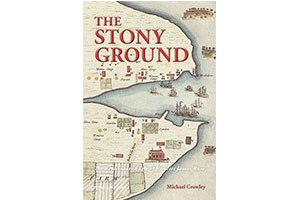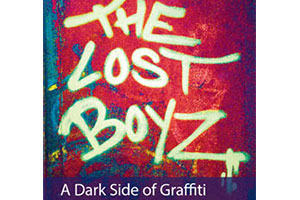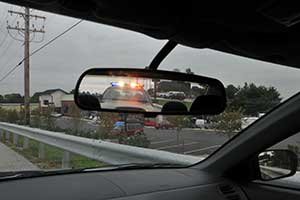
To my surprise one of our books was recently returned by a reviewer saying, ‘Little point right now, books are not getting to prisoners’. She explained that they are either being refused or held up by security due to the ease with which drugs can be imprinted on paper, so that in many prisons they have been stopped or are being photocopied with inbuilt delay given other priorities. I’ve no way of knowing if this is true or how general, whether just a few establishments or a wider approach. My call to the Ministry of Justice Press Office elicited first a denial, then a maybe and finally a promise to investigate how widespread the problem is. They’ve not yet come back.

Despite financial cut-backs, the creative side of prison life always seems to win through. Events such as the annual Koestler Awards are evidence of this. So is the sterling work of, for example, Birmingham’s Geese Theatre, whose The Geese Theatre Handbook: Drama with Offenders and People at Risk has been a staple manual for trainers of all kinds since we had the privilege of working on it with them at the start of the millennium.
A similarly prized work is Michael Crowley’s Behind the Lines: Creative Writing with Offenders and People at Risk published in 2012. It shows how imaginative approaches to confronting offending behaviour – and imparting skills valuable on the outside – can have a real impact on whether someone returns to custody. Michael is a seasoned advocate for improving literacy in the prison setting. Quite apart from giving presentations at establishments such as Bristol and Erlestoke, he was for six years writer in residence at Lancaster Farms (then a young offender institution). He also helped set up a residency at Arohata Women's Prison in New Zealand in 2014.

by Bryan Gibson
There are of many films about prisons and prisoners, from Shawshank Redemption to Scum. Criminologist Professor David Wilson once wrote a book about this phenomenon for us, Images of Incarceration, which was launched at the British Film Theatre. But it is encouraging when the wider world takes an interest in work initially published for a completely specialist niche, when an unsung author suddenly finds himself or herself in the limelight.
This has happened several at Waterside Press. Most recently with Justin Rollins’ book The Lost Boyz: The Dark Side of Graffiti. First published in 2011, it has been optioned by No Dog Films who are now working with the author to put his life story on the big screen. This same book has also, quite remarkably, become required reading for students at both Birmingham City and Aberdeen universities. Justin grew up in south London as one of life’s "throwaways", his time spent on the streets, rarely going home. He ended up in Feltham Young Offender Institution. His book turned his life around and his graffiti that once adorned the London Underground is now sought after as free-standing artwork. His advice on gang culture has been published by various media organizations.

The Federation has given a “cautious welcome” to the news that the Government is to consult on proposed changes to the law in relation topolice response driving.
Pursuits lead Tim Rogers says the development is a move in the right direction after the Home Office today (Tuesday 22 May) launched a consultation on proposals to amend proposes the legislation on careless and dangerous driving to recognise the high level of training and skill possessed by trained police drivers.

Tom Murtagh OBE's new book The Maze Prison: A Hidden Story of Chaos, Anarchy and Politics has been launched in County Antrim at the Lower Maze Social and Recreational Club – which overlooks the remaining buildings of this iconic prison. The Maze Prison describes how an establishment built to hold those involved in terrorism, atrocities, murder and other horrendous crimes became a pawn in the partisan conflict as politicians and officials by-passed procedures when it suited them.
